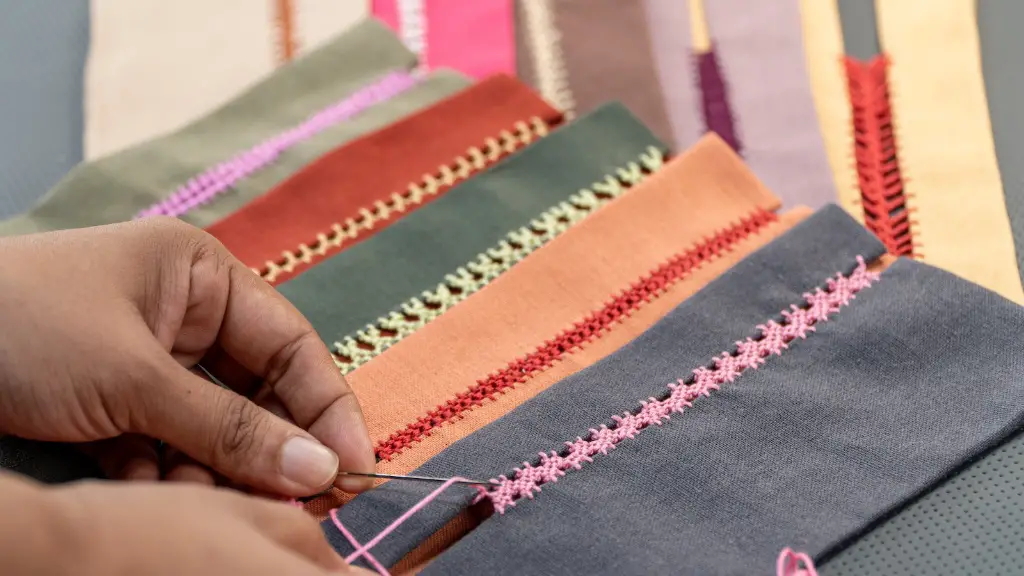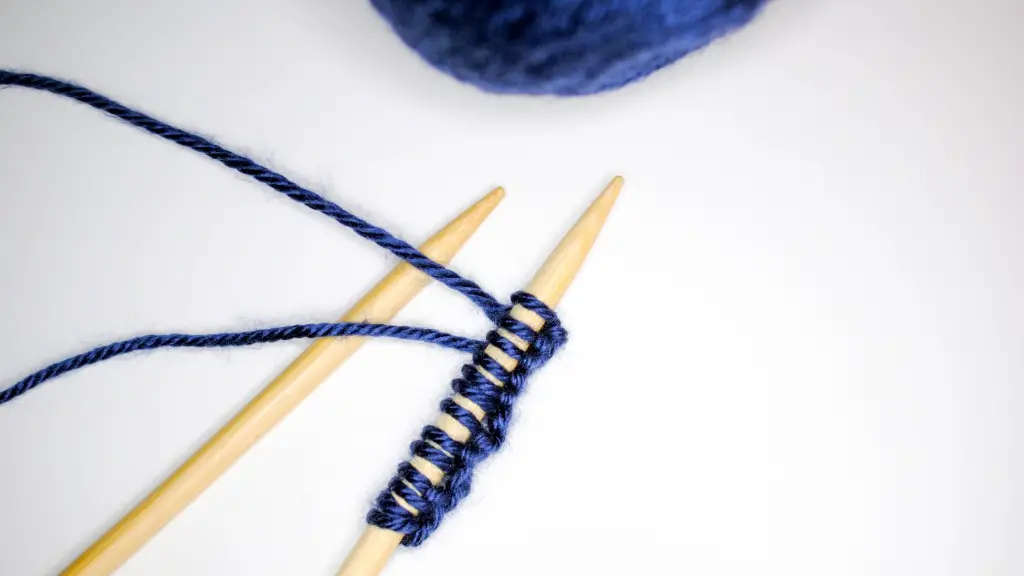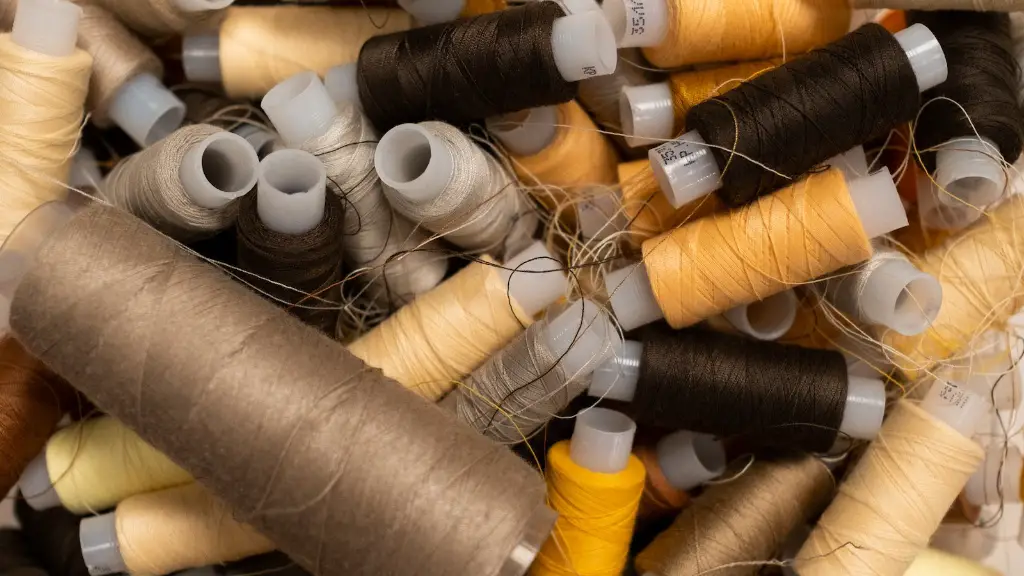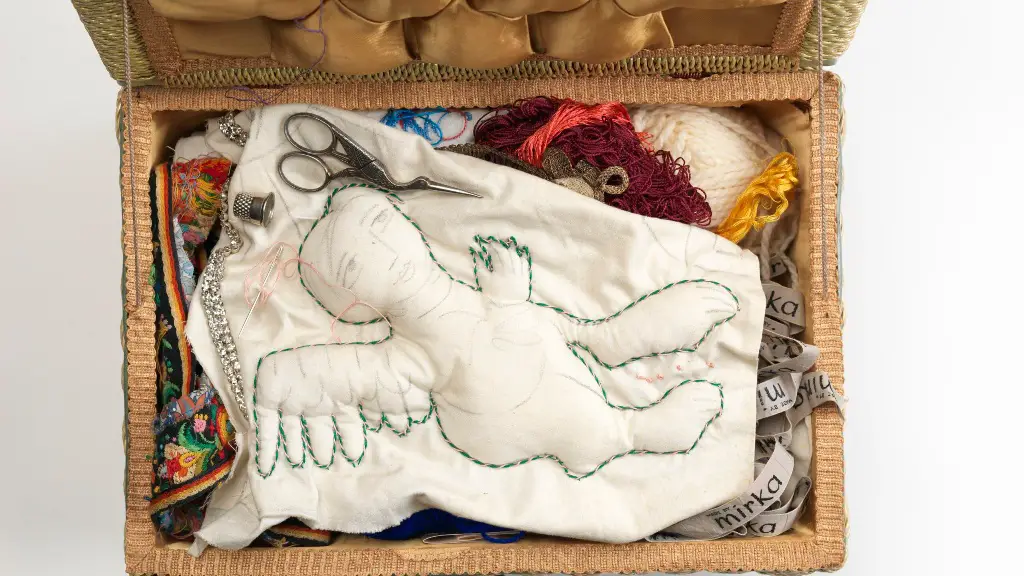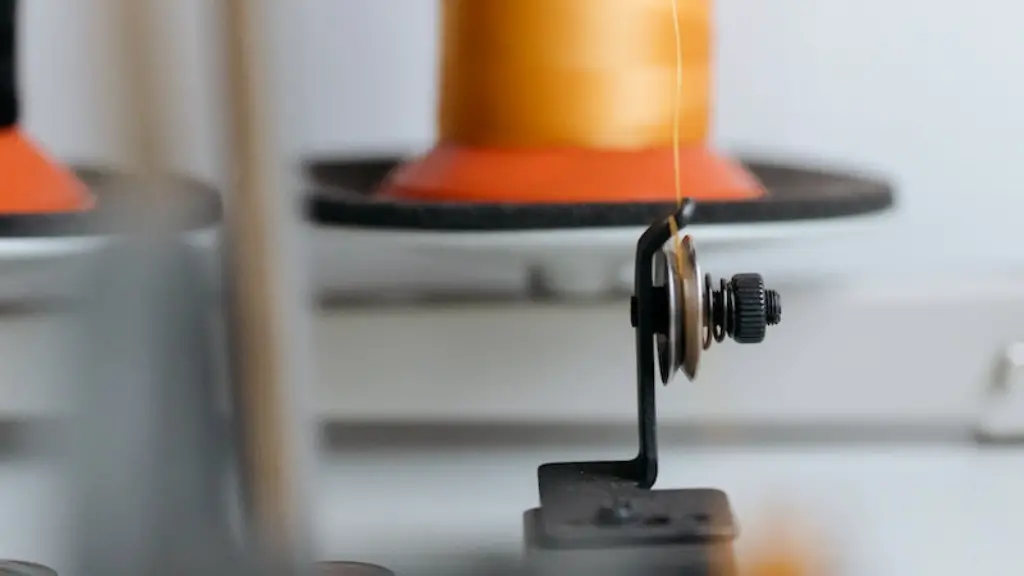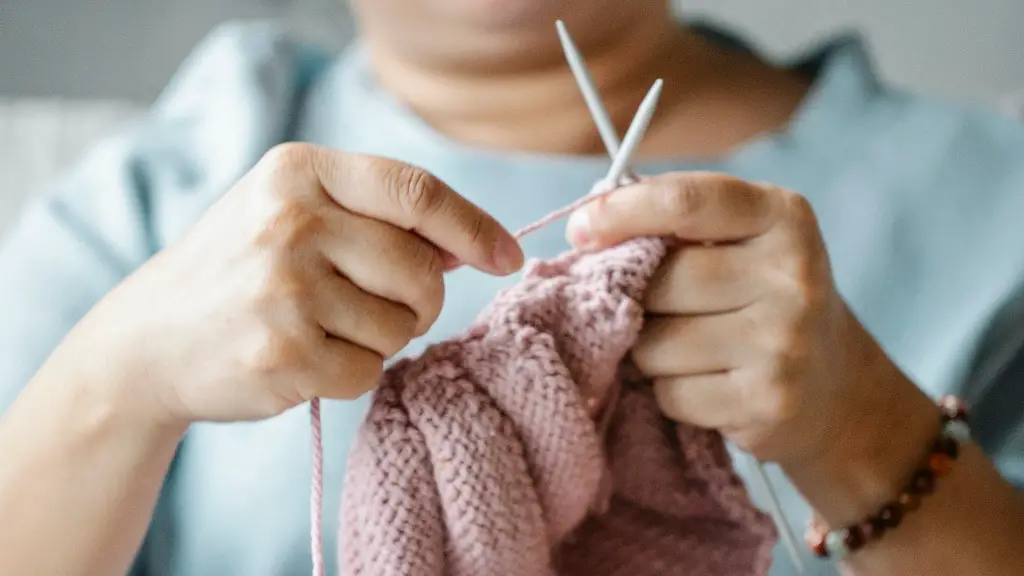Overview of Sewing Machines
Sewing machines are mechanical or electronic tools used to create or alter fabric. They range from basic models with manual operation and few attachments, to highly complicated computerized versions with multiple functions. With the right machine, anyone can sew clothing, upholstery, quilts, and a variety of other fabric crafts and home decorations. But, with so many machines on the market, narrowing down the choices can sometimes seem daunting. We’ll take a look at the different types of machines, who should consider each kind, and what makes the best sewing machine.
Types of Sewing Machines
Mechanical machines are the most basic type and are operated manually. They are typically less expensive than their electronic counterparts, and are great for entry level and occasional sewers. By adjusting the tension and stitch length on the machine, you can make minor alterations to fabric and sew a variety of simple projects. Mechanical machines are great for clothing, quilts, and other basic projects.
Computerized machines are electronic models that are operated with a control panel. These models can remember stitch patterns and settings so they can be reused in future projects. They usually have an automated threading and bobbin winding feature, and have many additional features that make them more advanced. Computerized models are great for those who are more experienced and sew more frequently.
Heavy-duty machines are those that have been designed for more advanced and demanding sewing projects. Made with metal components and more powerful motors, these machines are great for durable fabrics and more intricate stitching. In addition, they can generally handle thicker fabrics with ease, making them perfect for upholstery, costumes, and other larger projects.
Who Should Consider Each Type?
Mechanical machines are perfect for those just starting out in the world of sewing. They are generally less expensive and much easier to use. They offer a variety of basic stitches and options, so they are a great way to learn and practice basic sewing techniques. They are great for light and medium weight fabrics as well as quilts, crafts, simple clothing repairs, and other basic tasks.
Computerized models are best for those who want to take their sewing to the next level. These machines are much more versatile and can handle larger projects with less effort. They are loaded with features and come with thousands of embroidery designs. They are perfect for the experienced sewer who wants the added capabilities and wants to create more intricate designs.
Heavy-duty machines are great for those who plan to sew on a regular basis and use thicker fabrics such as canvas and leather. These machines are much more powerful and have been designed with larger projects in mind. They can handle tougher fabrics and are great for those who plan on creating costumes, upholstery, quilts, and other larger projects.
What Makes the Best Sewing Machines?
When shopping for a machine, there are some key things to consider. Depending on what type of projects you’re tackling and how often you’ll be using the machine, there are different features to look for. Here are some of the key components that make the best sewing machines:
The most important feature of any machine is its power. A powerful motor will allow you to get through thick or multiple layers of fabric with ease. Look for a machine with at least 500 watts of power and a high-torque motor. Additionally, look for a machine that is easy to operate and has a range of features such as multiple stitch options, adjustable tension, automatic threading, and a foot presser.
Another important feature to consider is the machine’s body. Look for a machine with a metal frame as this will give it a more solid and sturdy feel. Additionally, look for a machine with a strong build and one that can handle large projects easily. Be sure to read customer reviews and ratings to get an idea of how well the machine will work before committing to it.
Accessories that Increase Versatility
Another factor to consider is the included accessories. Most machines come with a few basic accessories such as needles, thread, bobbins, and measuring tools. It’s also important to look for extra accessories that make the machine more versatile. For example, look for machines with adjustable presser feet, edge guides, and specialty feet that make it easier to sew zippers, elastic, and other hard-to-reach areas.
In addition, look for machines that come with a wide range of presser feet. The feet control the fabric while sewing and can make it much easier to get professional results. Look for machines with at least 6 presser feet and a manual setting so you can adjust the fabric according to the needs of your project.
Finally, look for machines with a wide selection of decorative stitches. While basic models may not offer many stitch options, more advanced machines often come with a variety of decorative stitches and embroidery designs. This will give you greater control and more options when it comes to creating unique designs.
Consumer Reviews
When trying to decide on which sewing machine is right for you, it’s important to do your research. There are many consumer reviews available online that can give you an idea of what others think of a given machine. Take the time to read through the reviews and see what other people are saying about the machine’s performance, reliability, and ease of use.
Also, consider the warranties and customer service offered by the company. Most companies offer a limited warranty on their machines, so it’s important to understand what’s covered and the time frame for returns or repairs. Additionally, it’s important to make sure the manufacturer has customer service representatives that can help you with any questions or technical problems.
Latest Technology
Finally, keep up with the latest trends and technologies in the sewing industry. Many of the newer machines are equipped with advanced features such as LCD touch screens, automatic threading, and computerized embroidery capabilities. Additionally, these machines are often loaded with options and can perform a variety of complex sewing tasks with ease.
By doing your research, you’ll be able to find the best sewing machine for you and your needs. Be sure to consider the features and accessories each machine offers, and read through customer reviews to make sure the machine is reliable.
Cost Considerations
The cost of the machine is often a deciding factor as well. Fortunately, the cost of sewing machines has become much more affordable in recent years. It is now possible to get a powerful and reliable machine for under $200.
In addition, more and more retailers are offering coupons and discounts on sewing machines. This can help you save a significant amount of money when you shop around. Keep an eye out for sales and discounts that can help you get the best value for your money.
Computer Software to Optimize Materials & Processes
The latest technology includes a range of software programs created specifically to optimize the process of using a sewing machine. These programs allow users to design patterns, sew directly onto a computerized board, and even plan out stitching paths. With the help of these programs, sewing becomes a simpler, quicker, and more accurate process.
Furthermore, users can also design their own patterns and create prototypes for clothing and apparel items. This enables them to experiment and test out different concepts in a shorter timeframe. Additionally, many of these programs come with a range of customization features that allow the user to tailor the final product to their exact specifications.
Reviews & Recommendations
When trying to decide on the best sewing machine for you, it is important to be informed about the latest models and features. Reviews and recommendations can be extremely helpful when trying to determine the best features and features for a particular project. Friends and family members who sew can provide invaluable insight, while online reviews and forums can offer a wealth of information. Additionally, sewing blogs and magazines can offer useful advice and recommendations.
In addition to reading reviews and taking recommendations, it is also important to compare different models and prices. This can help you determine which machine will best suit your needs and budget. With the right research, you’ll be able to find the perfect sewing machine for your needs.
